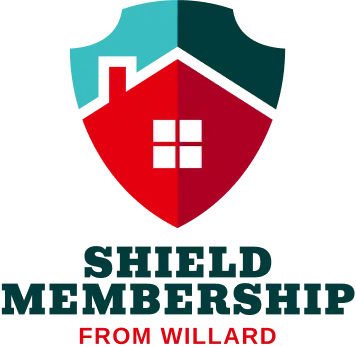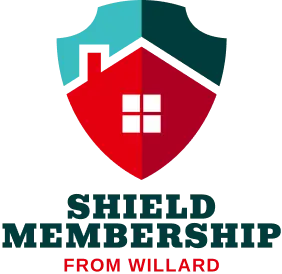
We all want our heating, cooling, and ventilation systems to operate efficiently, but how can we tell when they aren’t? There are a few indicators to determine how well your appliance is running. Is it cooling or heating effectively? Is it making loud noises when it’s turned on? These answers might point to a problem with the function of your HVAC system.
A more serious issue involves how often your system cycles. Short cycling is the process in which your air conditioner frequently cycles on and off. Instead of running until the whole home is cool, the system will shut off quickly and turn back on moments later.
Short cycling can severely damage your system, so it should be addressed as soon as you notice it. A cooling expert from Willard Cooling, Heating, Plumbing, & Electrical can identify the exact cause of the problem and get your AC back up and running quickly.
Leading Causes of Short Cycling
A short cycling system can reach the end of its lifespan twice as fast as a properly functioning system. Like the additional gas a car uses to start up the engine, your HVAC unit uses more energy to turn on than to run its cycle. Powering up the system over and over again will eventually lead to the unit breaking down completely.
You can prevent short cycling by understanding the causes of it. Homeowners can find an issue with one of the following sources:
- Air filters: These thin filtering rectangles help your home tremendously with indoor air quality and system upkeep, but the more congested they become, the more likely they are to cause short cycling.
- Faulty thermostat: Your thermostat reads the temperature in your home and tells your system whether it needs to cool or heat the space. If the readings are incorrect, the thermostat will send erroneous signals to your HVAC unit, causing it to cycle on and off more frequently.
- Improper sizing: HVAC systems aren’t one size fits all. Yours can be too small or too big for your home if it’s short cycling. A system that fits precisely will run more efficiently and save you money and headaches.
- Failing compressor: The compressor moves refrigerant between the evaporator and condenser coils, and the refrigerant changes from a liquid to gas state to provide cool air for the home. A failing compressor can’t keep up with the energy required to power the system.
If the problem lies with your air filter or thermostat, you can likely find out for yourself if either is the case. A trained and licensed technician will need to determine if you need a different size appliance or a new compressor.
Preventing Overload
You can’t get very cool with worn-out components. The best way to prevent short cycling if you aren’t already experiencing the issue is to schedule regular maintenance. In addition to the cost-saving benefits that come with preventative care, you won’t have to stress over repairs.
Excellent maintenance service is more than worth it. Call Willard Cooling, Heating, Plumbing, & Electrical to schedule yours today.








